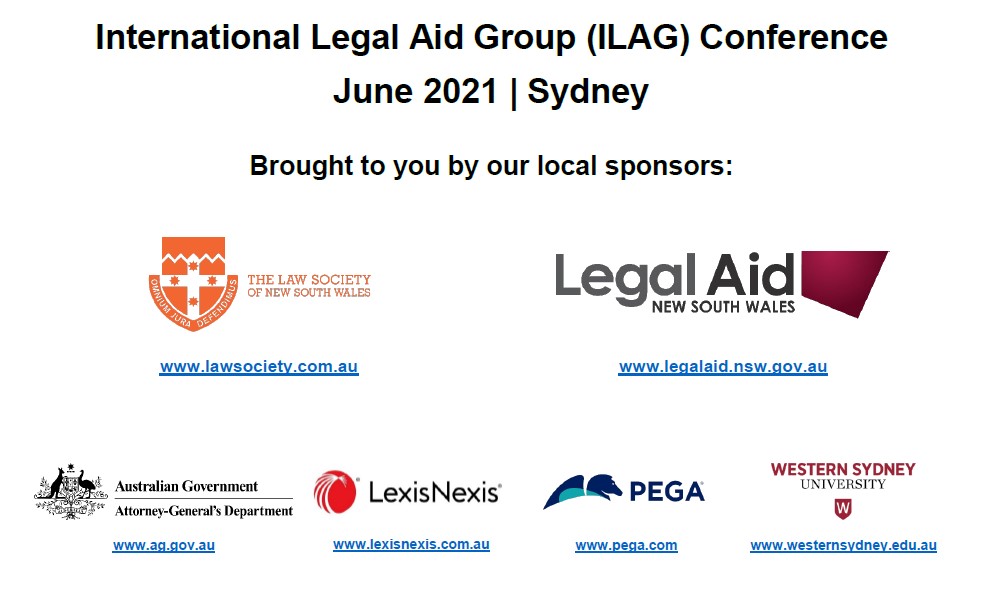Talking about a Belgian legal aid system facing the sixth state reform of 2014 is a rather difficult challenge. Legal aid on the first line is done by advocates, comprehending giving legal information. A first, rather small legal advice and referral system, is now the jurisdiction of the French and Dutch Communities. It no longer belongs to the federal state. The Flemish Minister for Welfare, Public Health and Family Jo Vandeurzen (CS&V Christian Democrats) seems to situate the first line legal aid within general welfare. In his policy statement of October 16th 2015, the Minister has chosen a strong embedding of the first line legal aid within a general welfare approach.
The Commissions for legal aid and the Flemish Bar are preparing a situational report of their activities on the supply side. Subsequently, an action plan will be designed to optimise legal aid on the first line. The aim is to increase accessibility. In order to achieve this, the minister explicitly states that the opportunities for online legal aid should be explored. Legal Services on the front line must also correspond to clear quality standards. Social welfare partners such as General Welfare Centres (Centra Algemeen Welzijnswerk) that are a not-for profit organisations subsidized by the Flemish Government, local Public Centers for Social Welfare (Openbare Centra voor Maatschappelijk Welzijn), official local welfare bodies and the organisations that represent the most vulnerable users will be involved in that process. A qualitative accessible legal aid supposes, according to the minister, a close cooperation between lawyers and social workers. The Minister will therefore consider how the first line legal aid should be positioned within general welfare. This will probably have an effect on the general frontline services, exercised by non-legals within the Houses of Justice. According to recent research, this general first line services within the former Justice department, has been dismantled in favour of the advocates. The minister of Youth, Houses of Justice and the promotion of Brussels of the French speaking community, Rachid Madrane (PS, Socialist Party) and responsible for legal aid declared in his budget project 2016 before his parliament that he will continue the existing organization of legal aid on the first line.
Second line legal aid for people who cannot afford an advocate to represent them before court remains the authority of the federal state. In his policy statement of 17th of November 2014, the Minister of Justice has announced a reform of the system, by reducing the legal aid budget by 10 per cent and especially the fee nomenclature. Minister of Justice Koen Geens (CD&V Christian Democrats) is planning to double client contributions and is maintaining the closed budget envelope. The Flemish Law Society and its French counterpart have elaborated a well-balanced nomenclature, taking into account an hourly rate of 75 €. Instead the minister has adopted this nomenclature within the system of the closed budget, which means that some legal areas such as immigration law will be underpaid. Advocates are not willing to accept this move and protested last year on the 1st June and new protest actions were set up – e.g. 27th April 2016 - as the minister will soon submit the bill into parliament. According to the advocates, it is yet another step to impede access to justice since legal costs have been augmented in 2007 and a VAT of 21% on advocates’ fee has been introduced in 2014. And recently court fees have been adjusted and in some cases the fees have been more than doubled.
Access to justice in Belgium has become even more complicated. New policy actions are at stake. Whether these, especially on the second line, will be in favour of the citizen who is seeking justice, is doubtful. Nevertheless, there are some positive changes: a more integrated first line legal aid in Flanders that will be developed. A good legal aid system supposes preventive actions. Furthermore the collaboration between lawyers, advocates and social welfare organisations may be an important step towards reaching and helping vulnerable people in time before their ‘justiciable problems’ escalate.


